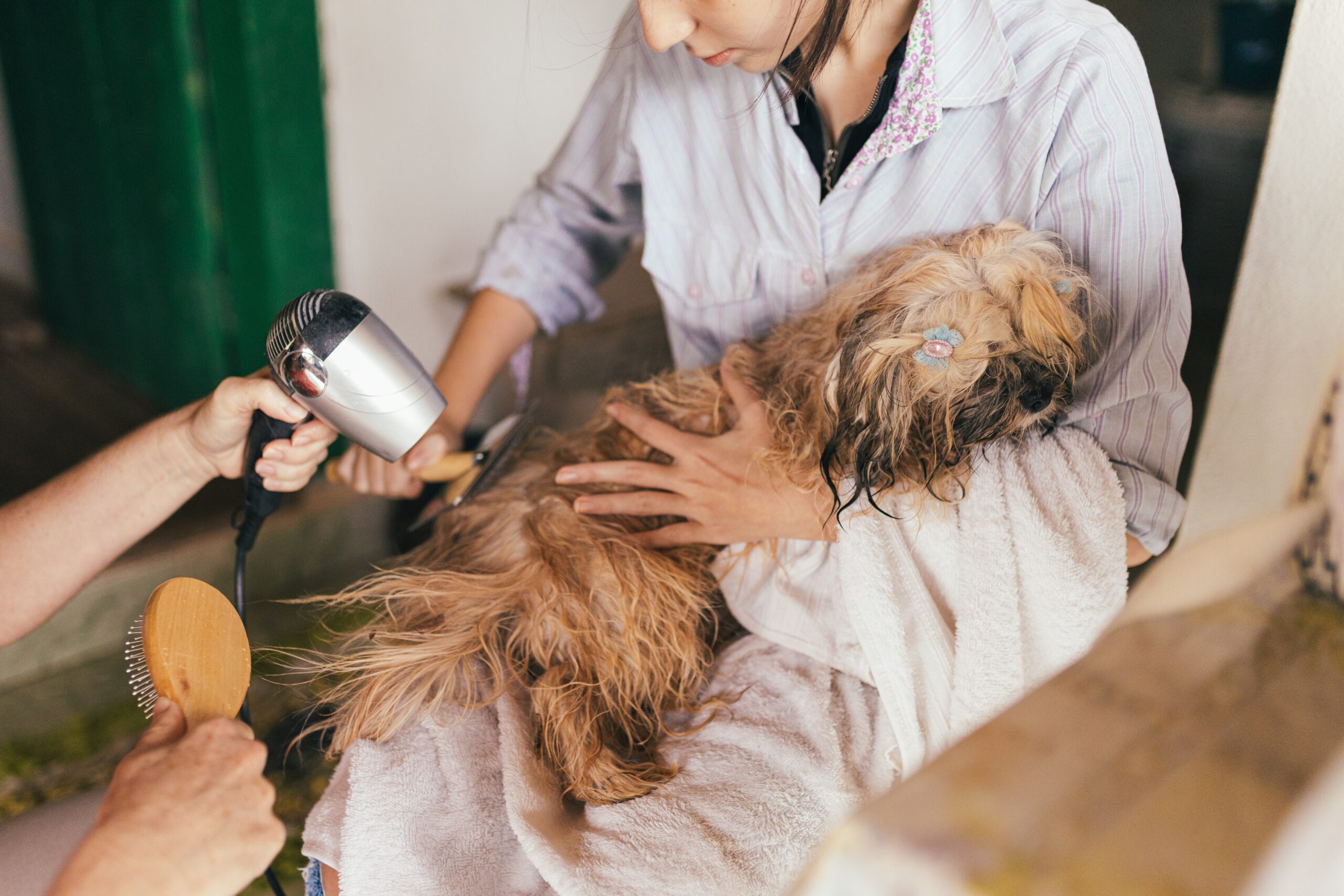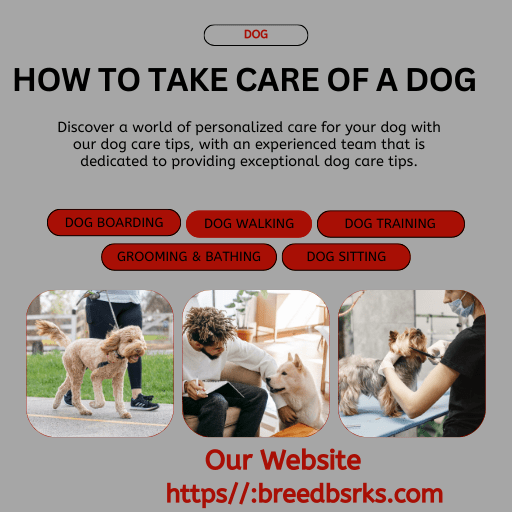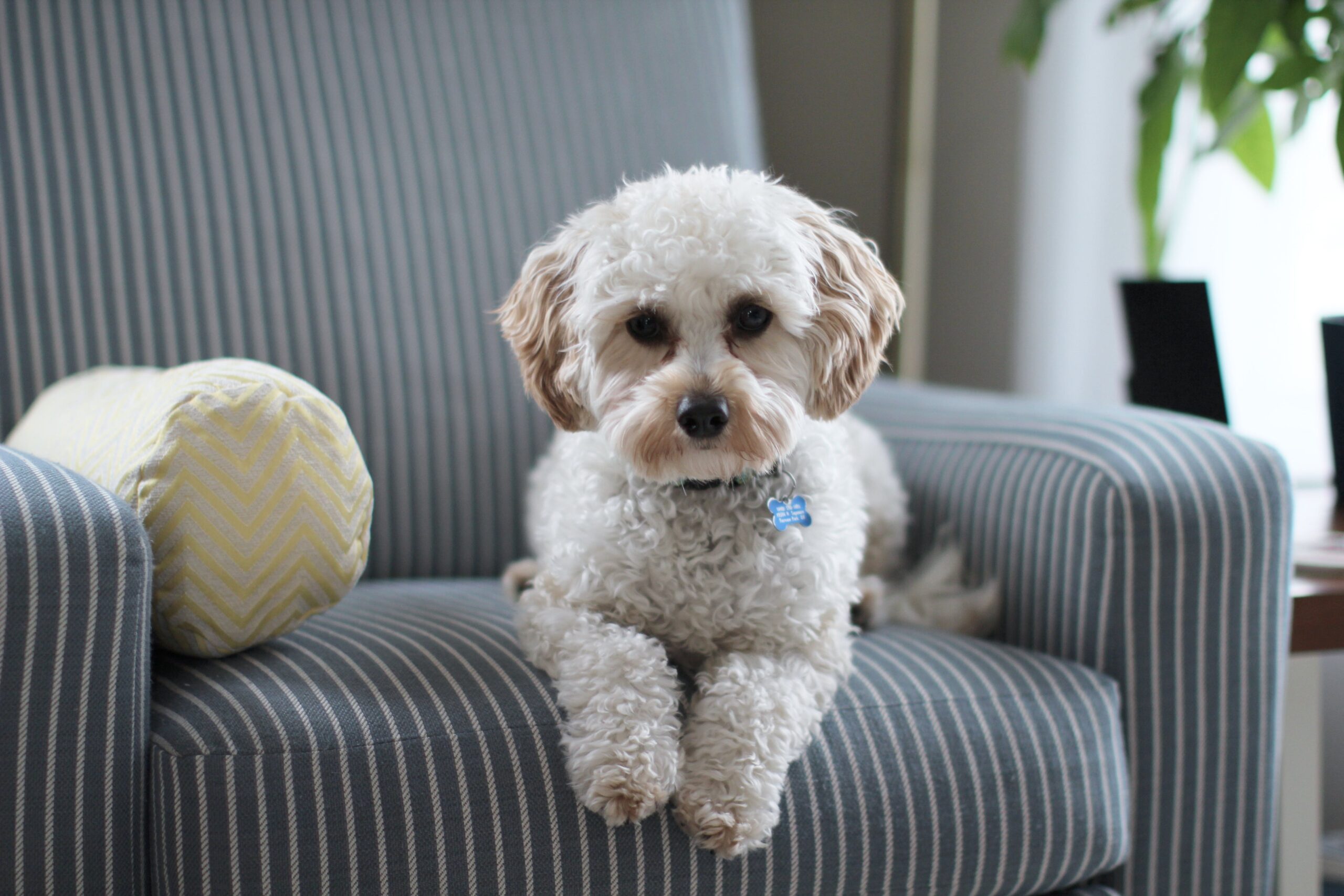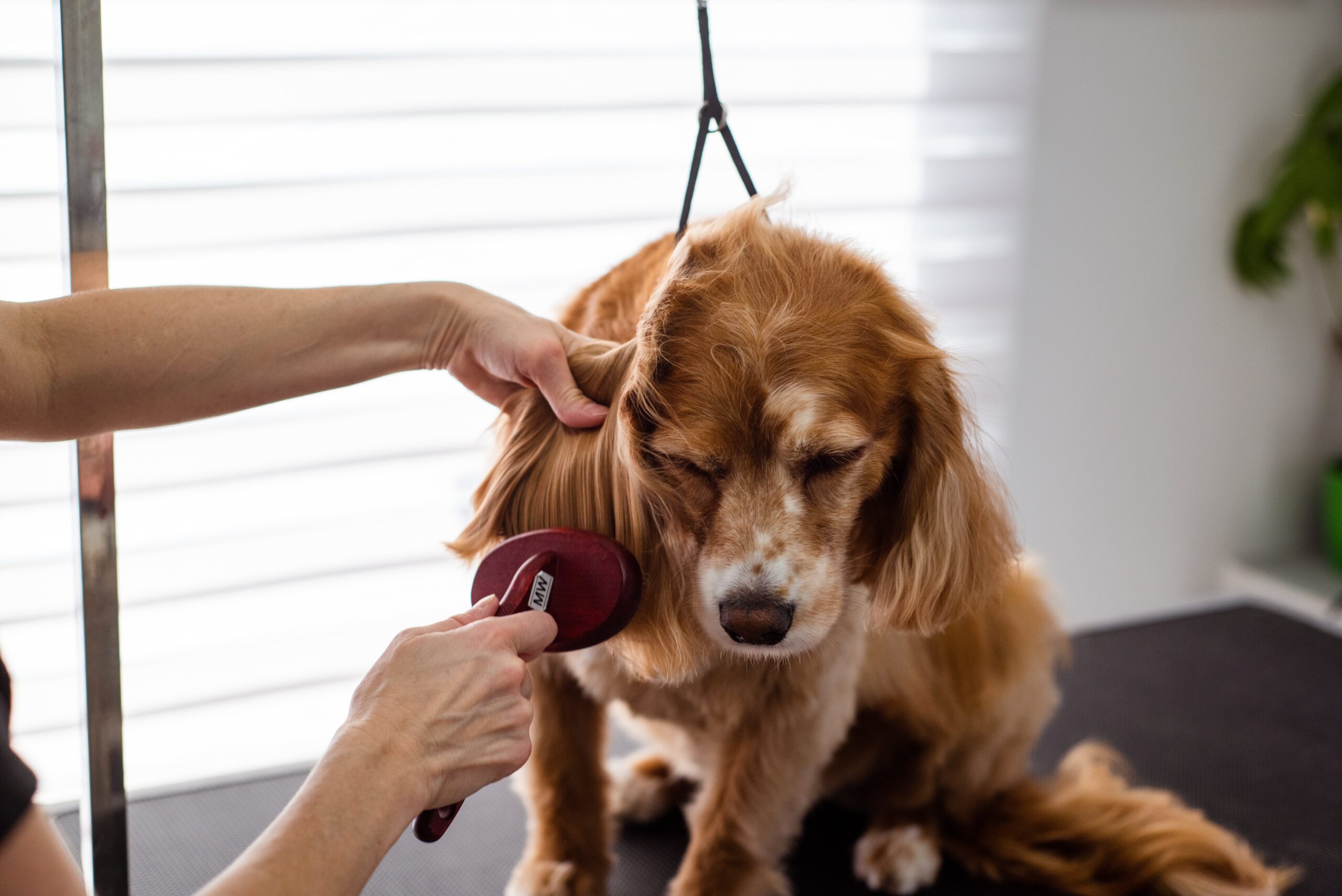Caring for a dog can be challenging for first-time owners as it requires special attention and time for all dogs. These expert dog care tips can help beginners.
Dog Care Tips For Beginners
As a proud dog owner, you understand that caring for your pet can be challenging and demanding. However, several dog care tips can simplify your life and enhance your dog’s happiness. In this post, we will share practical tips for first-time dog owners.
Firstly, it’s important to ensure that your dog gets plenty of exercise every day. Large breeds require a lot of physical activity to stay healthy and happy as compared to small breeds. Additionally, providing them with a well-balanced and nutritious diet is crucial for their overall well-being.
Furthermore, grooming your dog is essential to maintaining its hygiene and reducing shedding. Regular brushing, bathing, and nail trimming are all necessary tasks. Moreover, providing your dog with a comfortable and spacious living environment is important. Dogs need plenty of space to move around and stretch their legs.
Last but not least, proper training and socialization are essential for any dog breed, especially large breeds. These will help them become well-behaved and obedient companions.
Dog Care Tips
1- Healthy Dog Food
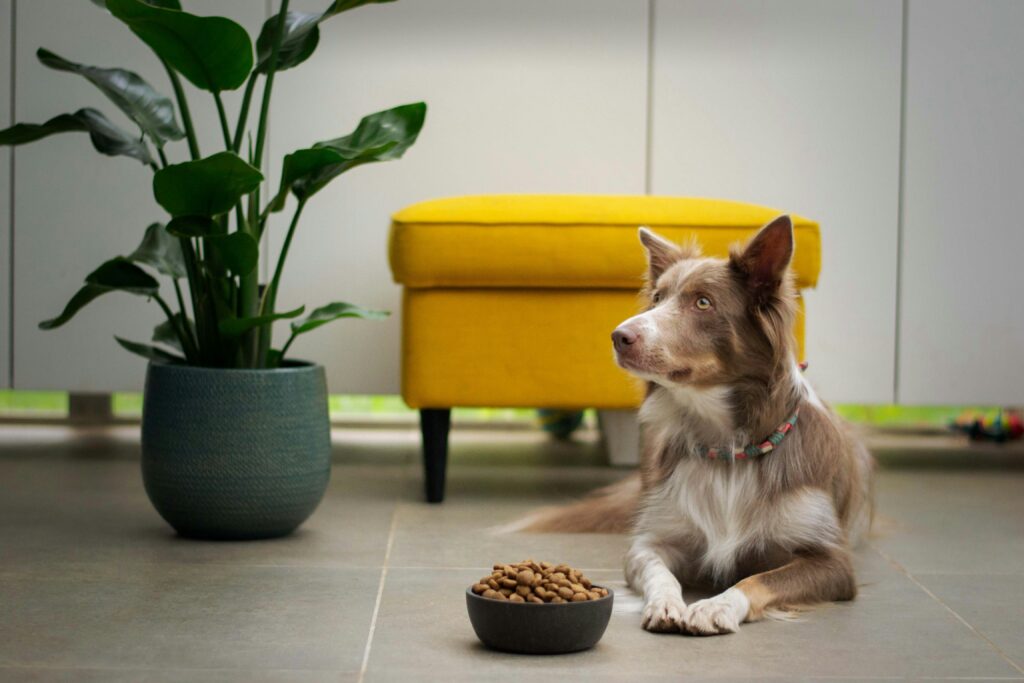
As a responsible dog owner, it’s essential to meet your dog’s nutritional needs for a healthy and happy life. When it comes to larger dogs, their nutritional requirements are different from smaller breeds or hybrid dogs. Due to their bigger size and higher activity level, larger dogs require more calories, proteins, and nutrients to maintain optimal health.
To provide your dog with the right balance of nutrients, it is crucial to choose a high-quality dog food that meets their specific dietary needs. Look for dog food that contains high-quality protein sources, such as chicken, beef, or fish, as well as healthy fats and carbohydrates. These nutrients are essential for maintaining a dog’s energy levels, muscle growth, and overall well-being.
In addition to providing a dog with high-quality food, it is also important to ensure that they are receiving the right amount of nutrients to support their joint health. Large dogs are more prone to joint issues, such as hip dysplasia than smaller breeds. Therefore, it is important to choose dog food that contains glucosamine and chondroitin, which can help support joint health.
2- Regular Dog Exercise Routine
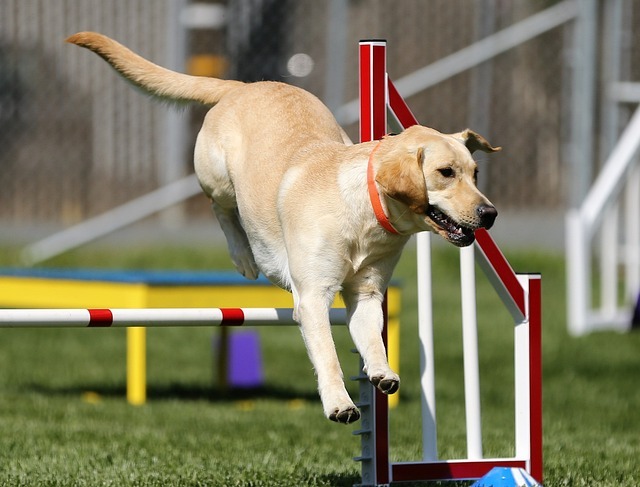
Owning a dog can be an incredibly rewarding experience, but it also comes with its own set of unique challenges. Large dogs usually have higher energy levels than smaller dogs, so they need regular exercise to stay healthy and prevent weight-related issues.
When it comes to creating a daily exercise schedule for your large dog, it’s important to consider a few different factors. First and foremost, you’ll want to make sure that your dog is getting enough physical activity on a daily basis. This can include everything from daily walks to more structured activities like agility training, fetch, and swimming.
In addition to physical exercise, it’s also important to provide your furry friend with plenty of mental stimulation. This can help to prevent boredom and keep your pet engaged and happy. Some great ways to provide mental stimulation are puzzles, interactive toys, and training exercises.
Of course, caring for a dog can also be quite challenging at times. Large Dogs require a lot of space, both indoors and outdoors, and they can be more difficult to transport and manage than smaller dogs. However, with the right approach and plenty of patience, you can provide your dog with the care and attention they need to thrive.
3- Dog Health Maintenance
Larger dog breeds such as Great Danes, German Shepherds, and Labrador Retrievers are more susceptible to joint issues like hip dysplasia and arthritis. These conditions can cause severe pain, discomfort, and mobility issues for your paw friend. Therefore, it’s crucial to take proactive measures to support your dog’s joint health.
To support your dog’s joint health, provide a comfortable bed that reduces pressure on their joints. Also, avoid excessive jumping, especially for puppies, as landing from heights can stress their developing joints.
Another way to support the dog’s joint health is by incorporating joint supplements into their diet. These supplements can help reduce inflammation and pain in the joints, as well as promote joint mobility and flexibility.
It’s also important to schedule regular veterinary check-ups to help diagnose joint problems early on. Early detection can enable prompt treatment and management, which can help reduce the severity of joint issues and improve the quality of life.
4- Proper Dog Grooming
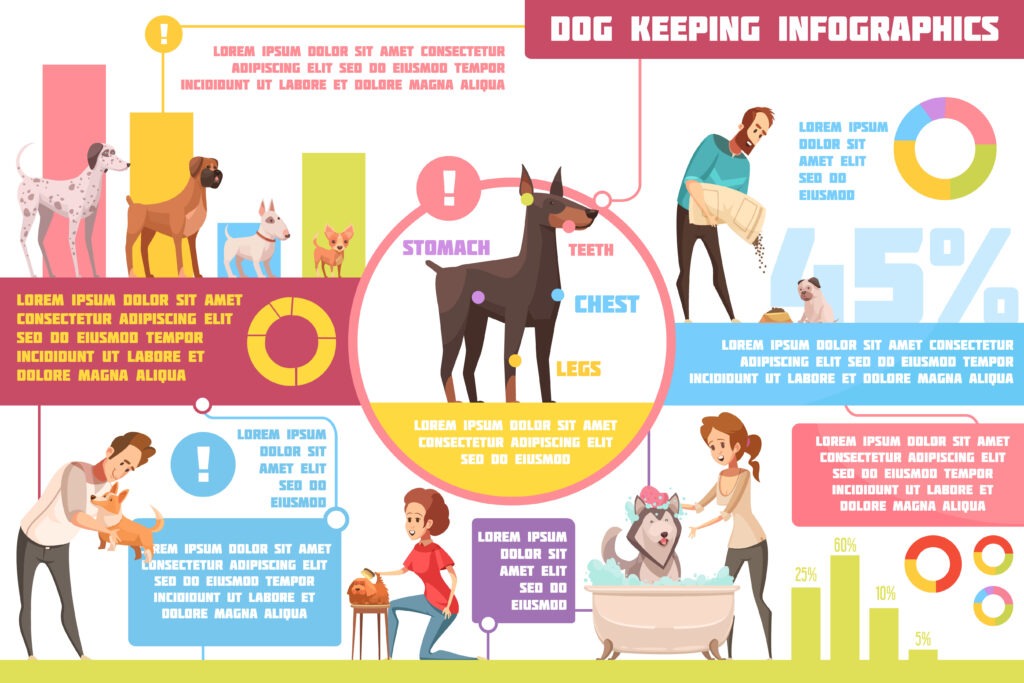
Maintaining a healthy diet is crucial to keep dogs in good shape. However, proper grooming is equally important to maintain their overall health. Regular brushing is essential as it helps to prevent matting and reduce shedding also promotes healthy skin and a shiny coat.
Apart from brushing, check their eyes, ears, and nails regularly. Large breeds are more prone to ear infections, so keeping their ears clean is crucial. Use a vet-approved ear-cleaning solution and gently wipe away any debris from the ear flap with a clean, soft cloth. Be sure to avoid inserting anything into the ear canal, as this can cause injury or irritation.
Monitor their eyes and ears for signs of irritation or infection. If you notice any redness, swelling, or discharge, contact your veterinarian immediately. They may recommend a special eye or ear drop to clear up the infection.
Trim their nails regularly to prevent discomfort. Long nails can cause pain and even lead to joint problems as they alter the dog’s gait. Use a sharp, high-quality nail clipper and trim the nails just below the quick (the pink part of the nail). If you’re unsure how to do this, consult a professional groomer or veterinarian.
5- Dog Socialization
Socializing dogs is an essential aspect of their development and temperament. Early exposure to diverse people, animals, and environments helps them develop good manners and appropriate behavior. This process involves introducing them to new sights, sounds, and smells, as well as different types of people and animals. It’s important to ensure that these experiences are positive and safe, as negative interactions can lead to fear, anxiety, and aggression. With proper socialization, they can become confident companion dogs.
6- Obedience Dog Training
Training your dog to be obedient is an essential part of responsible pet ownership. When dogs respond well to your training methods, you can handle them in various situations with ease. To teach your dog basic commands such as ‘sit,’ ‘stay,’ and ‘come,’ you need to be patient and consistent. Use positive reinforcement, such as treats, toys, and praise, to motivate your pet and create a positive learning environment.
For big dogs positive reinforcement is essential as harsh training methods can lead to aggressive behavior. Gradually introduce them to new stimuli, such as crowds, traffic noise, and other animals, and reward them for calm behavior.
Additionally, consulting or hiring an expert trainer can be beneficial for both partners. A professional trainer can assess your pet’s behavior, identify any issues, and provide customized training plans to help you achieve your goals.
7- Regular Check-ups
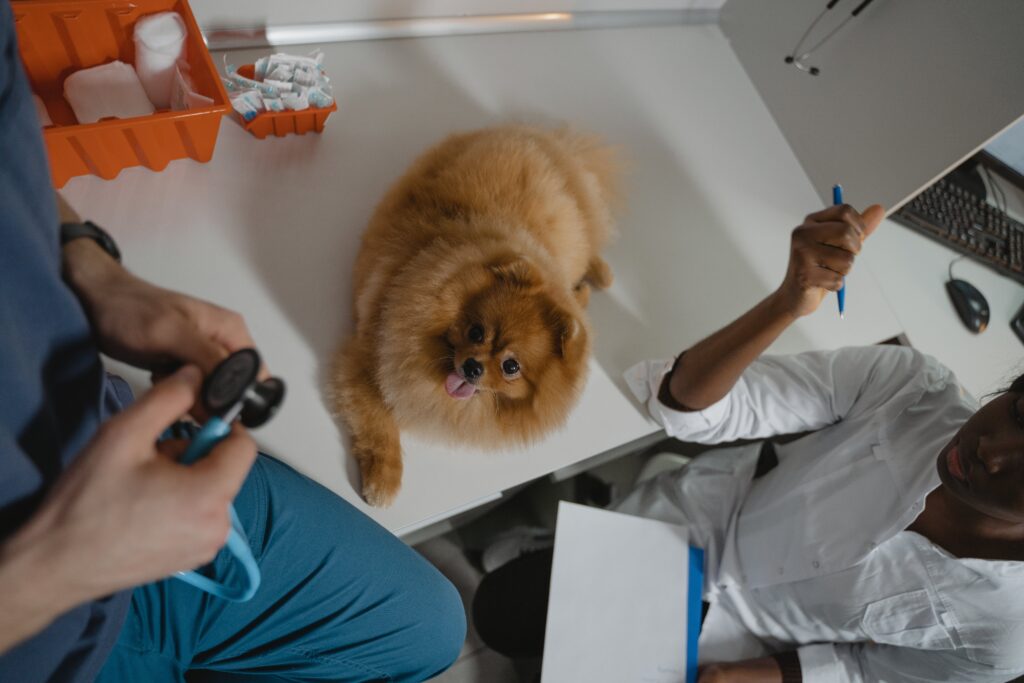
Owning a dog comes with many responsibilities, and one of the most important ones is ensuring their good health. Big dogs are more prone to health issues than their smaller counterparts, so regular check-ups with a veterinarian are crucial. These check-ups help identify any potential health problems before they become serious.
It’s also important to keep up with vaccinations, as they protect your friend from infectious diseases. Dental care is equally important, as it prevents problems like gum disease and tooth decay. Regular brushing, dental cleanings, and providing chew toys can all help maintain your dog’s dental health.
8- Provide Adequate Space
Owning a massive dog is a huge responsibility that requires careful planning and preparation. It is essential to consider the space your dog needs for growth and development. If you live in an apartment-type house, provide them with a separate room according to their size and energy level.
Your dog’s room should be large enough to allow them to stretch, play and explore freely. It should also be equipped with comfortable bedding, toys, and other essentials that will keep them happy and healthy. Regular walks and visits to dog parks are also crucial for their well-being, as they provide opportunities for exercise, socialization, and mental stimulation.
Aside from their physical needs, dogs also require plenty of love, attention, and training. As a responsible owner, you have to provide them with a safe and nurturing environment. With proper care and attention, your dog can become a loyal and loving companion that will enrich your life in countless ways.
9- Temperature Considerations
It’s important to note that large breeds are more sensitive to extreme temperatures. They can’t regulate their body temperature in extreme weather, so they depend on their owners for comfort. If the weather is hot, it’s important to provide shade and plenty of water so they can stay hydrated and cool. During the colder months, it’s essential to protect them with warm clothes and a cozy bed to help maintain their body temperature.
10- Love and Attention
It’s important to understand that all dogs, regardless of their size, require love and attention. It’s crucial to spend quality time with them to build a strong bond that can enhance their overall happiness and well-being. Researchers have found that dogs can understand human emotions and also express their feelings of happiness or sadness.
Bonding with your dog helps you understand their personality and needs, leading to a more fulfilling relationship. Spend quality time together daily, whether it’s walking, playing fetch, or cuddling (many dog breeds are cuddly) on the couch.
FAQs
How should you take care of a dog?
You should take care of a dog by following these tips.
- Give them a balanced diet.
- Make them socialized and well-trained.
- Take them to regular veterinary check-ups.
- Provide them with adequate space.
- Keep an eye on their regular grooming.
